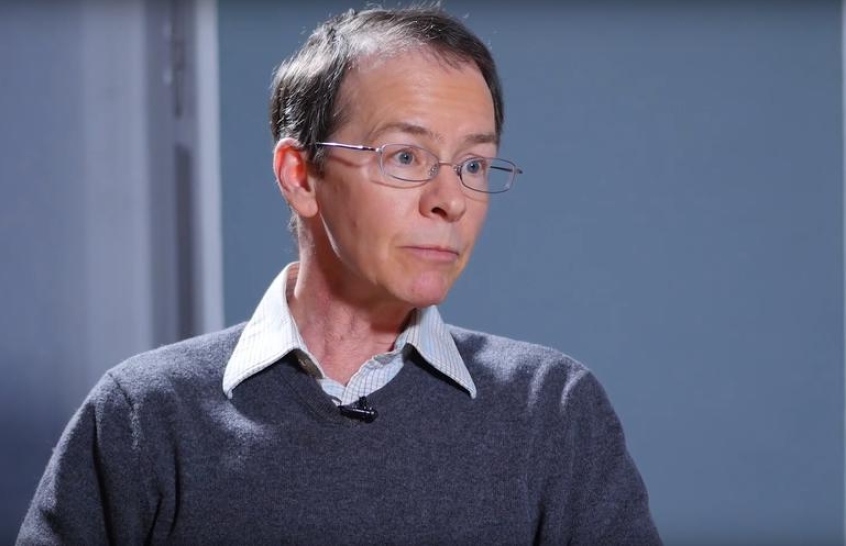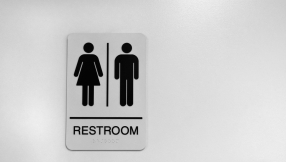
A psychotherapist who was refused permission by Bath Spa University to study transgender regret is taking his case to the European Court of Human Rights (ECHR).
James Caspian, 61, who has 10 years of experience in counselling transgender people, was told by the university that studying the topic could attract criticism.
He wanted to study the issue for his MA in Counselling and Psychotherapy after noticing increasingly younger people and high numbers of women struggling with their gender identity.
Mr Caspian wanted especially to examine the experiences of regret among those who had transitioned, and the desire to detransition.
He has turned to the ECHR after the British courts refused to hear his case.
"The procedural history of Mr Caspian's claim fits the very definition of suffering from excessive formalism and a fundamental lack of flexibility," his application states.
Commenting on his case, Mr Caspian said he had "no alternative" but to go to the ECHR.
"Too much is at stake for academic freedom and for hundreds, if not thousands, of young people who are saying that they are being harmed and often silenced by a rigid view that has become a kind of transgender ideology and permits no discussion," he said.
"My preliminary research had revealed a growing controversial schism in transgender politics and inpatient experiences which greatly concerned me and confirmed the need for this research.
"Some of the people I spoke to said they were too traumatised to speak about their experiences, which proved it was even more important to research the issue, not less.
"I was astonished therefore that a university could censor a research project on the grounds that what people 'might' post on social media may be detrimental to the reputation of the university.
"If a university - a place for the exchange of ideas, discussion, dissent, questioning, research and critical thinking - is unable to tolerate the risk of criticism, where then are left the most basic tenets of academic and intellectual freedom of enquiry? The implications for a democratic society of the suppression of information and discussion are deeply worrying.
"I have felt morally obliged to speak out because people are telling me that they've been harmed, and my profession should do no harm.
"Many people have said to me since that they have felt that they could not speak in opposition to transgender ideology, and some people have even said that they have thought they couldn't even think it. People are self-censoring, not only speech, but their thoughts on this issue, and that is what this case has to challenge and ultimately help change."
Andrea Williams, chief executive of the Christian Legal centre, said there had been a "chilling effect" on academic research into transgenderism.
She said: "Over the past decade there has been a 3,000 per cent spike in young girls and women being referred to Gender Identity Clinics. This is a phenomenon taking place in every Western nation with many regretting the life changing decisions they subsequently make. Why? That was the question James Caspian wanted to research.
"Yet in the current climate, anyone who attempts to research, explain and answer these questions is denounced and silenced. This is because the truth and the harm being done to many young people is devastating.
"The powerful voices of those living with trans regret must be heard and allowed to be properly researched. Only then can we fully understand why this is happening and prevent more young people from regretting undertaking harmful and life-changing treatment."
She continued: "Universities have the unique role as marketplaces of ideas that foster free thinking. Rather than censoring speech and inhibiting free thinking, they should actively be promoting the right of students and scholars to think, hear, develop, research and express autonomous views of research.
"The fact that UK courts have refused to hear James Caspian's case is a telling injustice, but by taking this ground-breaking case to Europe he will finally have the opportunity to have justice served and to set a crucial legal precedent."













